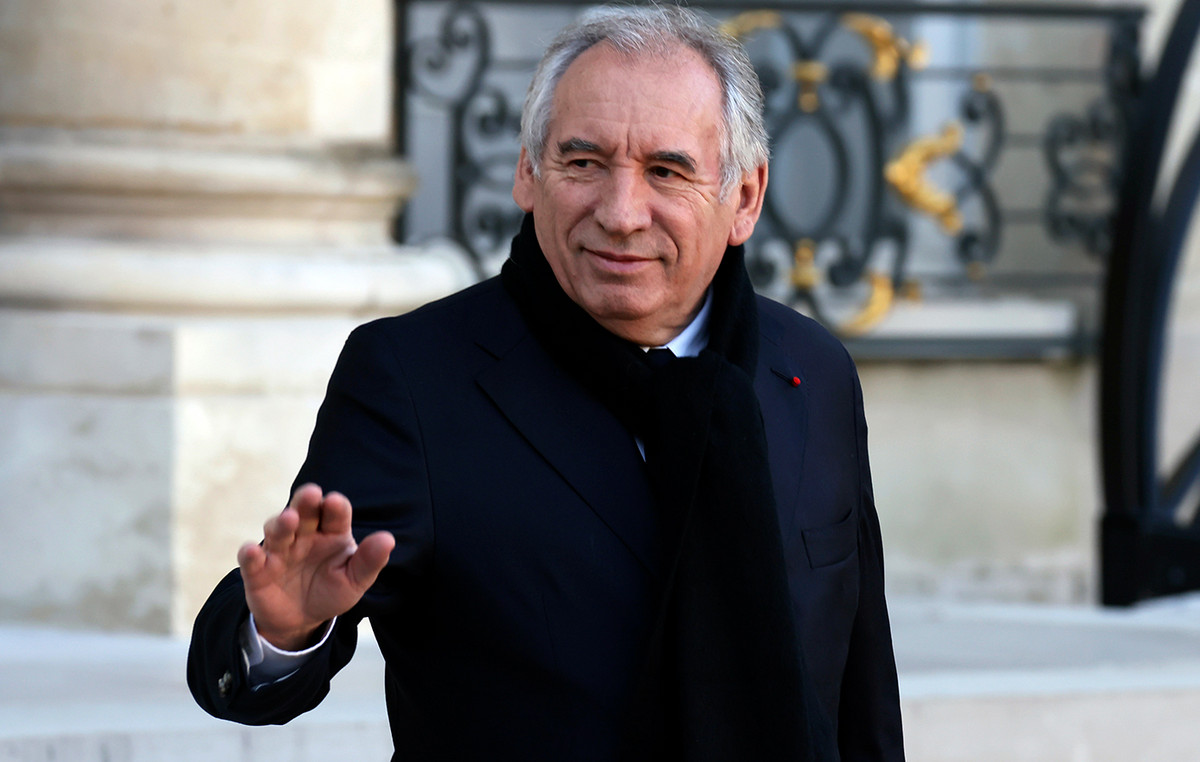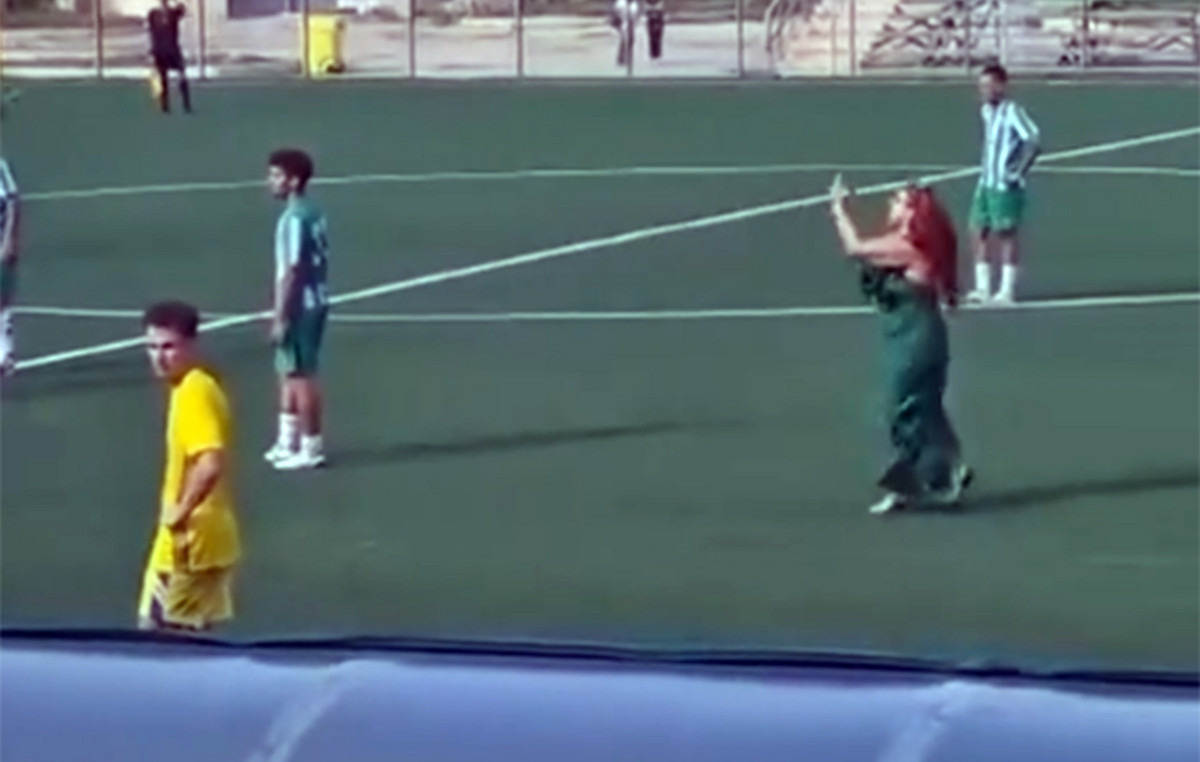The Israeli military carried out airstrikes in Rafah on Monday, residents said, hours after Israel told Palestinians to withdraw from parts of the southern Gaza city, where more than a million people displaced by the war have been displaced. take shelter.
Fears are growing of an all-out attack in Rafah, long threatened by Israel, against the Palestinian group Hamas, while ceasefire talks in Cairo are stalled.
There was no immediate comment from Israel, which Hamas-affiliated Al-Aqsa TV said had attacked areas east of Rafah, close to neighborhoods that had been ordered to evacuate.
Instructed by Arabic text messages, phone calls and leaflets to move to what the Israeli military called an “expanded humanitarian zone” 20 km away, some Palestinian families began to move.
Some piled children and belongings into donkey carts, while others set off in pickup trucks or on foot through muddy streets.
“It’s raining a lot and we don’t know where to go. I have been worried that this day would come, now I have to see where I can take my family,” one refugee, Abu Raed, told Reuters via a chat app.
A senior Hamas official said the withdrawal order was a “dangerous escalation” that would have consequences. “The US government, together with the occupation, is responsible for this terrorism,” Sami Abu Zuhri told Reuters, referring to Israel's alliance with Washington.
Hamas later said in a statement that any offensive on Rafah would not be a “picnic” for Israeli forces and that it was fully prepared to defend Palestinians there.
Aid agencies have warned that the evacuation order will lead to an even worse humanitarian disaster in the coastal enclave of 2.3 million people who are suffering from seven months of war.
“Forcing the evacuation of more than a million displaced Palestinians from Rafah without a safe destination is not only illegal but would lead to catastrophic consequences,” said British charity ActionAid.
The Israeli military said it asked Rafah residents to leave in an operation of “limited scope.” They did not give specific reasons or say whether offensive action might follow.
Nick Maynard, a British surgeon trying to leave Gaza on Monday, said in a voicemail from the Gaza side of the Rafah crossing into Egypt: “Two huge bombs have just exploded immediately near the crossing. There is also a lot of gunfire about 100 meters away from us. We don’t know for sure if we’ll be able to get out.”
“Driving through Rafah, the tension was palpable, with people leaving as quickly as possible,” he added.
Witnesses said the areas in and around Rafah where Israel wants to move people are already full, with little space for more tents. “The greatest genocide, the greatest catastrophe will occur in Rafah. I ask the entire Arab world to intervene so that there is a ceasefire – to intervene and save us from the situation we find ourselves in,” said Aminah Adwan, a displaced Palestinian.
Israel has threatened to launch raids on Rafah, which Israeli officials say is home to thousands of Hamas fighters and possibly dozens of hostages.
Victory is impossible without taking Rafah, says Israel.
The prospect of a high-casualty operation worries Western powers and neighboring Egypt, which is trying to mediate a new round of truce talks between Israel and Hamas, in which the Palestinian Islamist group could free some hostages.
But an anonymous “high-ranking” source said, according to Egyptian state TV Al Qahera, that negotiations had reached an impasse since Hamas launched an attack near the Kerem Shalom crossing into Gaza on Sunday (5). , killing four Israeli soldiers.
Egypt has raised its level of military preparedness in northern Sinai, which borders Gaza, security sources said on Monday.
The European Union, France and Jordan reiterated their opposition to any offensive in Rafah.
The Rafah plan opened an unusual public rift between Israel and Washington, which has repeatedly warned its ally not to attack the city because of potential civilian casualties.
Source: CNN Brasil
Bruce Belcher is a seasoned author with over 5 years of experience in world news. He writes for online news websites and provides in-depth analysis on the world stock market. Bruce is known for his insightful perspectives and commitment to keeping the public informed.







